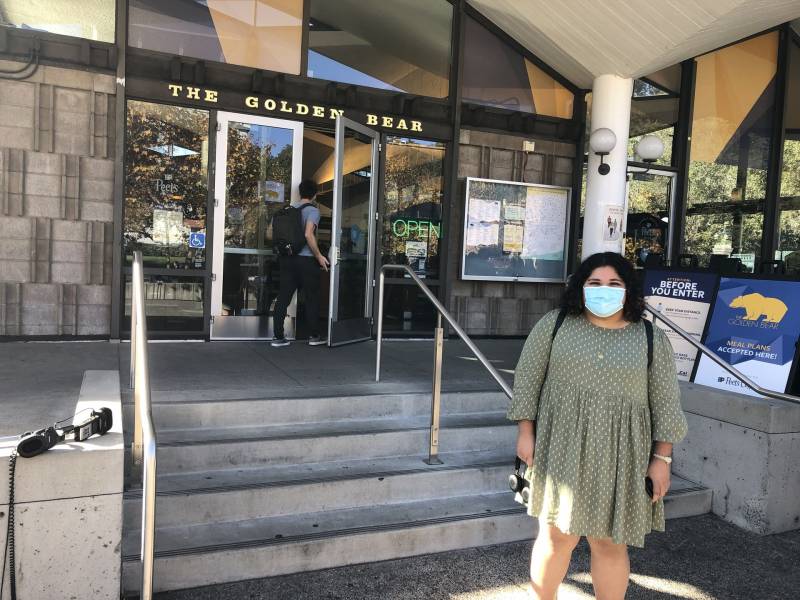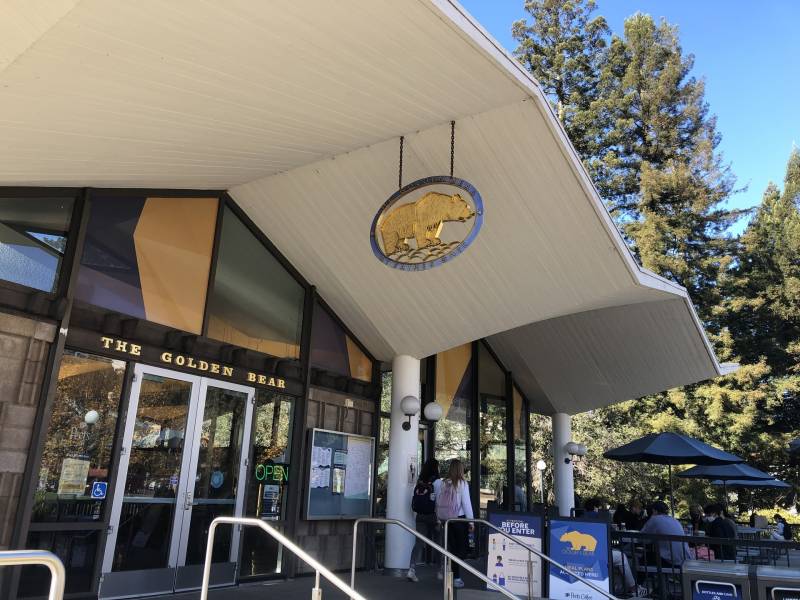The Bay Area’s flagship public university, UC Berkeley, is trying to work its way out of an unprecedented $340 million deficit due to the pandemic. And that means some of the hardest-hit departments and individuals on campus are having to fend for themselves.
The campus has seen plunging revenue on several fronts, including $35 million gone in tuition fees.
"We had about 800 students that decided not to come back to the fall," said Rosemarie Rae, Berkeley's vice chancellor of finance and chief financial officer.

Then there's the $100 million to $140 million anticipated loss in housing and dining income. Plus $33 million in revenue from sports events.
On top of all of the losses, Rae pointed to tens of millions of dollars in additional pandemic-related expenses — from COVID-19 testing and sanitization, to upgrading systems to accommodate remote learning and meetings.
That’s a lot of pain.
It’s been especially tough for Rae herself, who came in seven years ago to oversee the university’s complex $3 billion budget. She spent those years getting the campus out of a $150 million shortfall caused by declining state support, years of frozen tuition and substantial long-term debt.
"We're fragile," Rae said. "We were already running skinny as we came into COVID-19."
The university isn't reducing tuition costs — a pain-point for many students who decided to go ahead with their studies during the pandemic.
"A lot of students are frustrated with this because we have a lot of fees here at Berkeley, like campus service fees and student service fees," said Victoria Vera, political science major and student union president. "Their argument is, 'If I'm not on campus and I'm not in the area to utilize these services, why should I pay into them?' "
Rae said the school's strategy for getting back on financial track includes digging into reserves, taking out loans and relying on federal support. Berkeley has received approximately $30 million in federal CARES Act funding.
But she said revenue-generating areas like athletics, and housing and dining, are supposed to be self-sustaining. So aside from some loans that UC Berkeley is making available to these areas, they’re largely on their own when it comes to navigating financial challenges.


